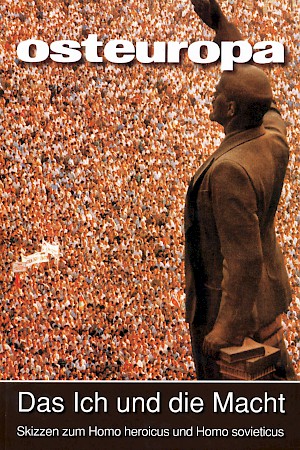In the distorting mirror of history
German images of Ilya Ehrenburg
Deutsche Fassung
Abstract
The life and work of the Russian writer Ilya Ehrenburg reflect the conflicts and disso-nance which characterise the 20th century. The same applies to his reception in West and East Germany. In the FRG, the discussion surrounding Ehrenburg was one of the great debates of the 1960s in relation to the guilt of the war generation. For right-wing extremists, he was a hater of Germans and for some critics of Moscow, an agent of Stalin. In the GDR, the dispute regarding the publication of his memoirs was part of the wider debate on the de-Stalinisation and humanisation of socialism, which began in the wake of the 20th Party Conference of the Communist Party of the Soviet Union in 1956. For higher-ranking officials in the SED, the memoirs were unacceptable for a long period of time because they regarded them as subversive dynamite in terms of their style and content. The control-obsessed organs of power, which wanted constant access to the inner lives of the people, found Ehrenburg’s intellectual tone dangerous.
(Osteuropa 12/2007, pp. 17–48)



